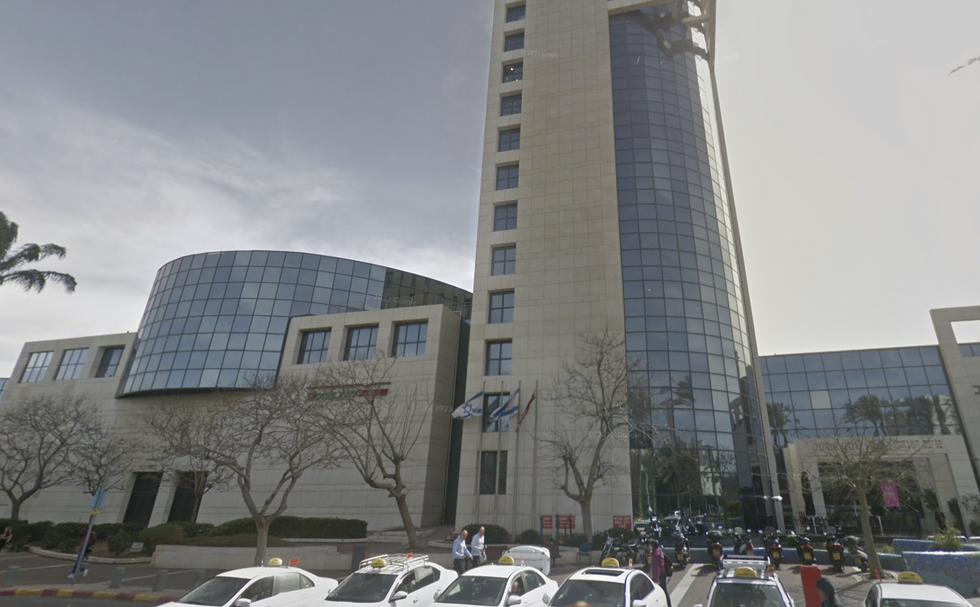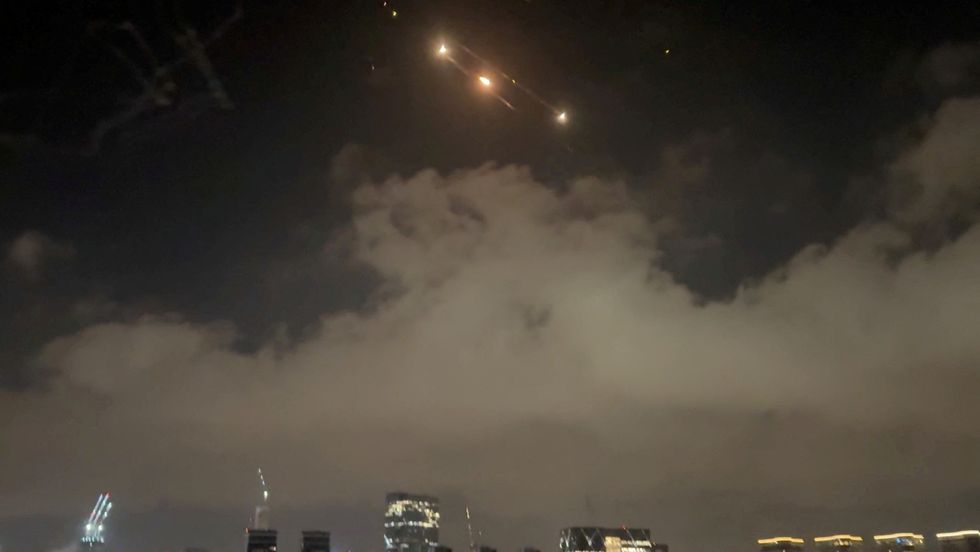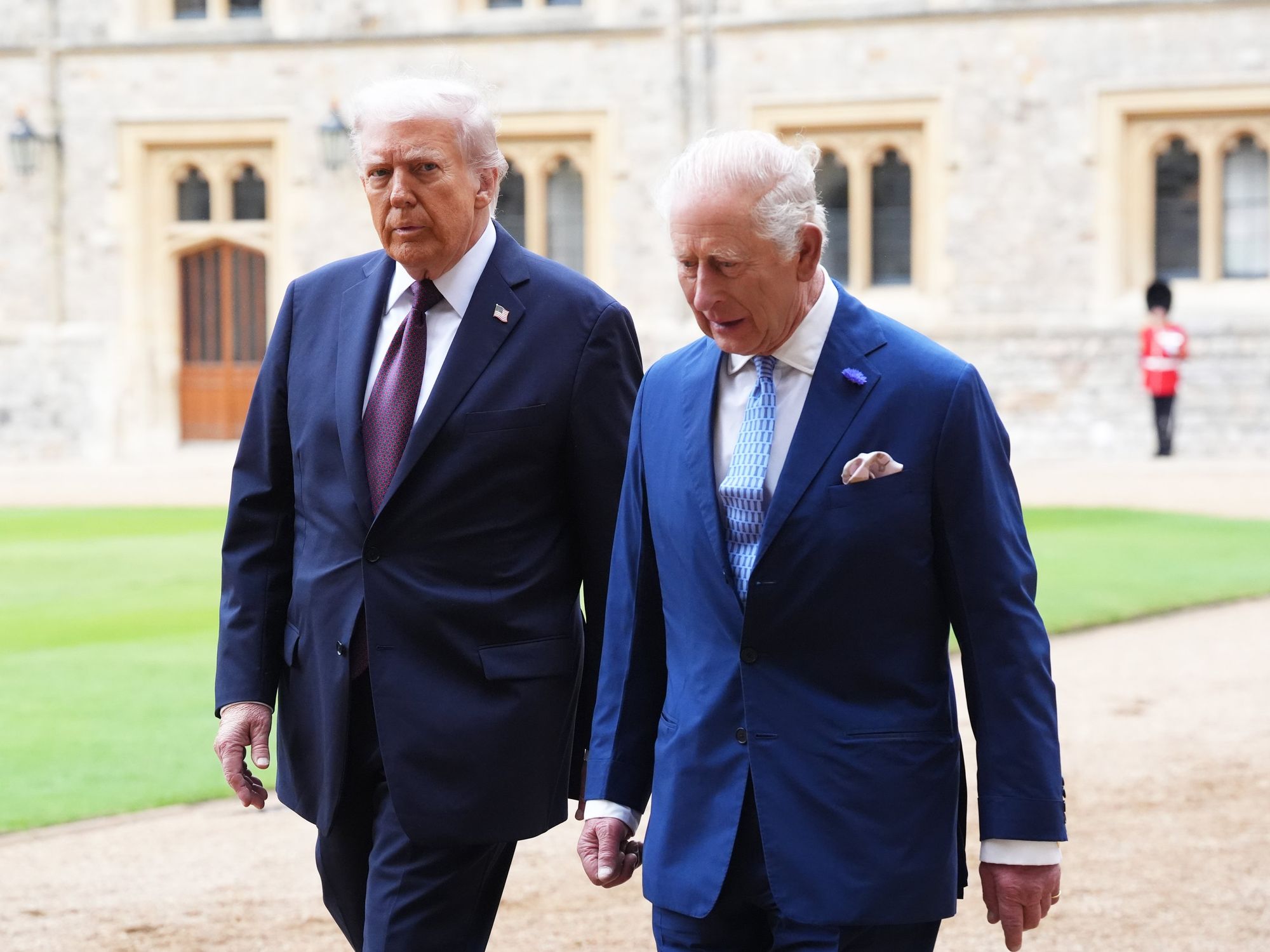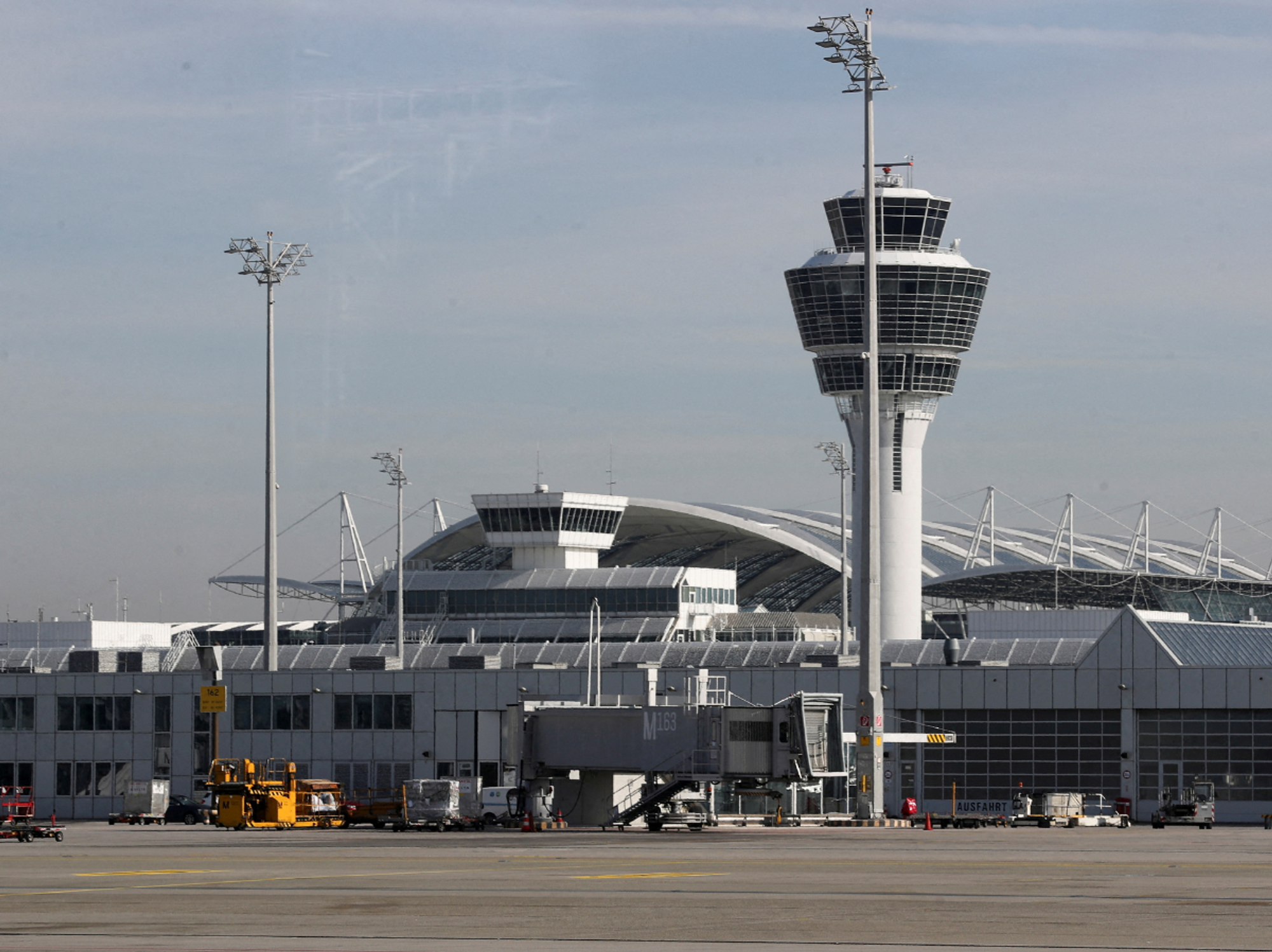Explosion rocks Norwegian ambassador's residence in Israel

The Norwegian Foreign Ministry said they are investigating the blast
Don't Miss
Most Read
Trending on GB News
An explosion has rocked the residence of the Norwegian ambassador to Israel, according to the country's Foreign Ministry.
Officials said they have been in contact with the ambassador and diplomats in the building in Herzliya.
A spokesman told reporters: "We have been in contact with the embassy tonight.
"No staff at the embassy were injured during the incident."

The Norwegian embassy in Tel Aviv
|GOOGLE MAPS

Rockets light up the sky in Tel Aviv, Israel
|REUTERS
According to Hebrew media reports, a grenade was thrown at the residence, causing damage to the building in Herzliya, just to the north of Tel Aviv.
Police patrols and a bomb disposal expert are at the scene, according to Norwegian media outlets.
Israeli Foreign Minister Gideon Sa'ar wrote on social media: "I am convinced that the Israel Police will act decisively to quickly locate the criminals who committed this so that they will face the full severity of the law."
The embassy has 14 employees, of whom six are from Norway, according to the embassy's website. The rest are local Israeli employees.

Professor Roee Ozeri speaks to the media surrounded by rubble at the campus of the Weizmann Institute
|REUTERS
Earlier tonight, Iran fired at least one missile at Israel that scattered small bombs with the aim of increasing civilian casualties, the Israeli military said on Thursday, the first reported use of cluster munitions in the seven-day-old war.
Israeli news reports quoted the Israeli military as saying the missile’s warhead split open at an altitude of about four miles and released around 20 submunitions in a radius of around five miles over central Israel.
One of the small munitions struck a home in the central Israeli town of Azor, causing some damage, Times of Israel military correspondent Emanuel Fabian reported. There were no reports of casualties from the bomb.
Cluster bombs are controversial because they indiscriminately scatter submunitions, some of which can fail to explode and kill or injure long after a conflict ends.
Executive director of the Arms Control Association advocacy group Daryl Kimball said: "They are egregious weapons with their wide-area destruction, especially if used in a civilian populated area and could add to the unexploded ordnance left over from conflicts.
Noting that Iranian missiles can be imprecise, he said that Tehran should know that cluster munitions "are going to hit civilian targets rather than military targets."
Iran and Israel declined to join a 2008 international ban on the production, stockpiling, transfer and use of cluster bombs that has been signed by 111 countries and 12 other entities.
More From GB News











